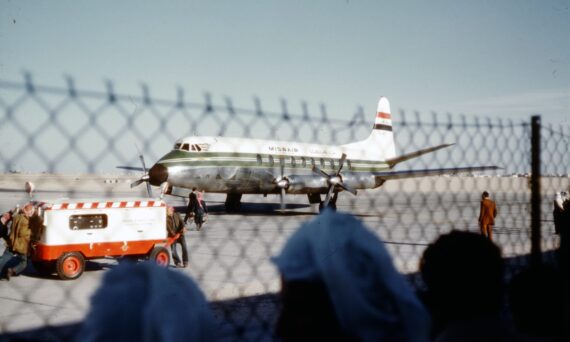Ground School
Ground School is the classroom-based portion of pilot training. Before you ever take the controls of an airplane, ground school is where you’ll learn the essential theory behind flying. This includes everything from the principles of flight to navigation, and it’s critical to pass written exams and to prepare for safe flying practices.


Aerodynamics
Aerodynamics is the study of how air moves around objects, particularly aircraft in this context. As a pilot, you’ll need to understand how the forces of lift, drag, weight, and thrust interact to make flight possible. An understanding of aerodynamics is crucial for manipulating the control surfaces of the aircraft to achieve desired performance.
Aircraft Systems
Understanding aircraft systems involves getting to know the various components that make an aircraft operable. This includes:

- Propulsion Systems: How engines provide the thrust to move the aircraft forward.
- Hydraulic Systems: Used for moving control surfaces and landing gear.
- Electrical Systems: Powering the aircraft's electrical components.
- Avionics Systems: Navigation, communication, and other electronic flight instruments.
Meteorology
Meteorology is the study of weather, and for pilots, it’s about understanding how different weather conditions affect flying. This includes reading weather forecasts, recognizing weather patterns that could pose threats, and knowing how to deal with in-flight weather phenomena like turbulence or icing.

Navigation
Navigation covers how pilots determine their position and plan their route from one location to another. This includes:

- Flight Path Planning: Choosing a route that is safe, efficient, and compliant with regulations.
- Reading Aviation Charts: Interpreting the maps used by pilots to navigate.
- Using Navigational Tools: Such as GPS, VORs, and NDBs to maintain the planned route.
Federal Aviation Regulations (FARs)
FARs are the rules set by the Federal Aviation Administration (FAA) that govern all aspects of civil aviation in the United States. Knowledge of FARs is essential for legal and safe flying, ensuring that pilots understand their rights, responsibilities, and the operational limits of their aircraft.


Flight Operations
Flight Operations are the various procedures and processes associated with the operation of an aircraft. This includes pre-flight checks, in-flight management, and post-flight procedures. It’s about ensuring safety and efficiency from the moment an aircraft is prepared for flight to when it is parked after a journey.
Air Traffic Control Communications
Effective communication with ATC is vital for maintaining safety in the skies. Pilots must know how to communicate their intentions, understand instructions and clearances, and respond to ATC transmissions appropriately.

Flight Planning
Flight Planning is the process of planning the details of a flight. It involves:

- Route Selection: Choosing the best path to take considering distance, airspace restrictions, and terrain.
- Altitude: Determining the optimal cruising altitude for fuel efficiency and compliance with air traffic control.
- Fuel Planning: Calculating the amount of fuel required for the journey, plus reserves for emergencies or delays.
- Alternate Airports: Selecting backup airports in case the intended destination becomes unsuitable for landing.
